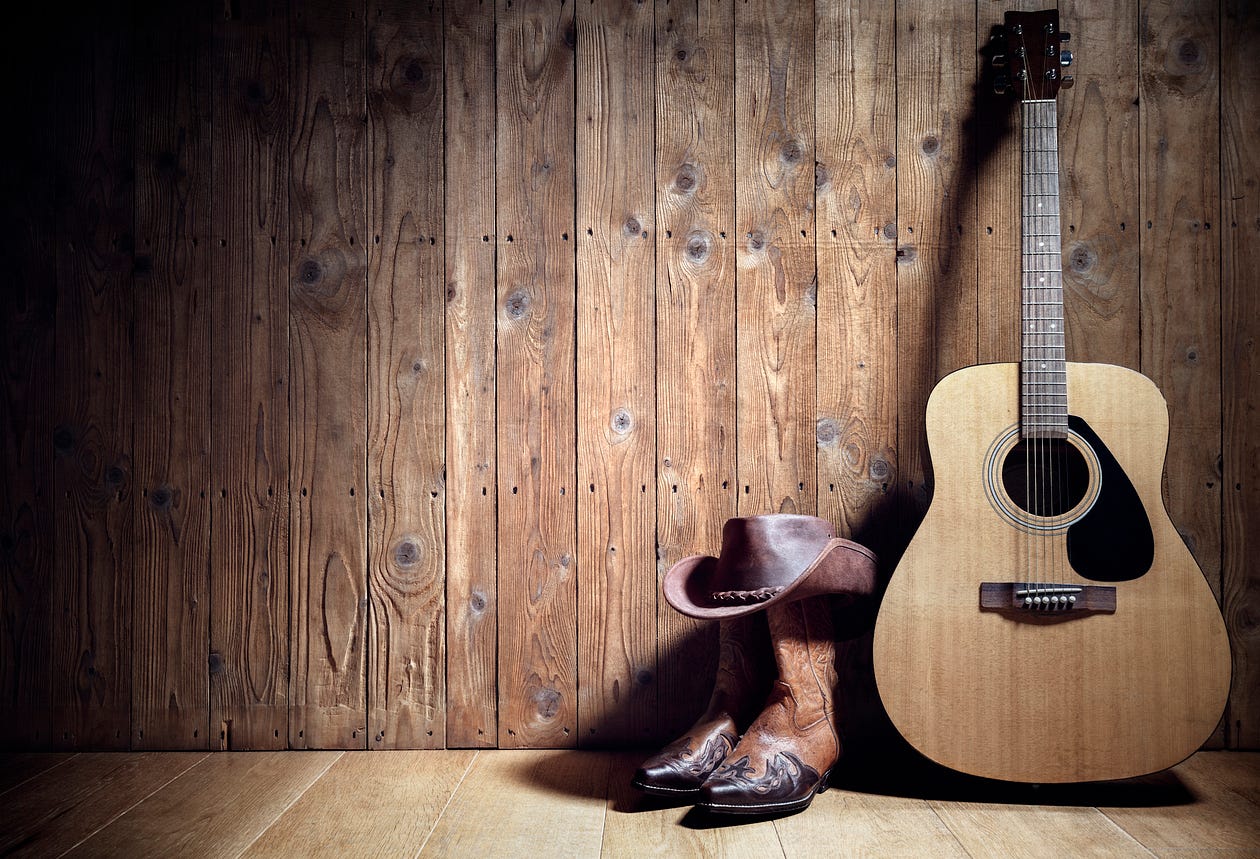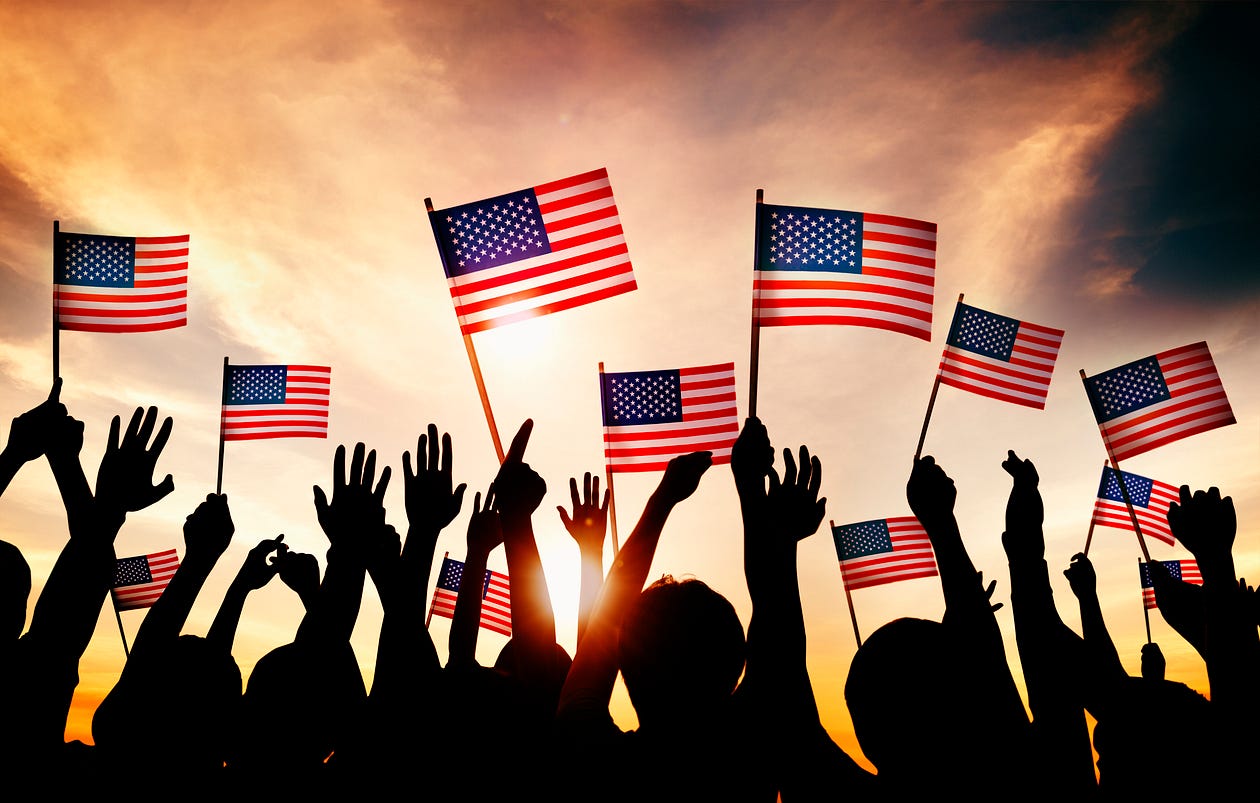By GREGORY MOORE
A friend recently asked me in an email if I had heard a couple of country songs that were climbing the charts with controversial messages that were roiling liberals and offending some Black folks. He said the songs seem to be anthems about how out of control the country is. So, I tuned them up.
I don’t know much about country music, but I do listen. Some of my favorite country singers are Reba, Garth, and Brooks & Dunn. I did some quick reading, and new songs like those my friend shared are lighting up the blogosphere. I guess these tunes would be the latest version of “outlaw country” highlighting divisions across the nation over values.

I was not surprised that the opening question of the first GOP presidential debate on Aug. 23 was why Rich Men North of Richmond is striking such a chord in parts of the country. Until my friend’s email, I had not even heard of that song or all the hubbub around some of these others.
Honestly, I’m not that upset about it. I want to hear what they’re saying. Jason Aldean, Adam Calhoun, and Oliver Anthony have the right to vent frustrations. They’re speaking their truths as artists. I’m glad that anger is being exercised in the recording studio rather than the streets.
The point is this: Music has been a form for expressing controversial, even revolutionary, ideas since forever. From the protest songs of Bob Dylan and John Lennon to Marvin Gaye, Gil Scott-Heron, and War, the list is infinite.
I don’t think it’s racist to call out what’s happening in some Black communities. Or how folks in rural America live in fairly homogenous communities and might know little about people of color. We know racism is real. But I also value free speech.
We can and should have a conversation about the credulity that exists on both sides of the divide. To exemplify, in urban centers, there are some who believe that rural America is frozen in time, wishing for the good old days, when white was right. In rural America, some think city folk don’t value nearly enough the principles of helping your fellow man, protecting your own (not killing them), or having safe streets for our kids.
So despite disagreeing with some assumptions, when I listen to Try That in a Small Town, I learn something about how people who live in places like that might feel. When I listen to Racism, I get the unsparing critique of various cultures the writer thinks are undermining America, including his own.
I think about rap music and its unvarnished assessment of the power structure and culture over the last 50 years. There are aspects of rap that make me cringe, and I admit, some of the lyrics and imagery in the recent country songs I sampled made me wince.
But we have learned from rap and embraced it. Maybe these country anthems will be of value in similar ways.

I know I am intrigued rather than appalled. That may be controversial coming from a Black man, but it’s real. That’s the benefit of being open to learning new things and genuinely trying to understand alternative perspectives.
For sure, these country songs are different from others I have experimented with. Instead of forlorn love songs or being done wrong in some way, these new country songs are angry and filled with disgust. And that’s okay.
But in my brief exploration about what’s happening in country music, it isn’t focused only on the libs. There is also a critique of the Right. There are songs about the conservative tilt exemplified by the Supreme Court’s overturning of Roe v. Wade, the intolerance of gay and trans people, and anti-immigration sentiment. Some songs lament the anti-democratic swing that many fear is overtaking the country.
We need to listen to this music no matter where it comes from. It is part of the current commentary of our times. And it should contribute to the culture, not poison it. I’m intrigued by it all and will be looking for the country dial on my radio, eager to learn more.
